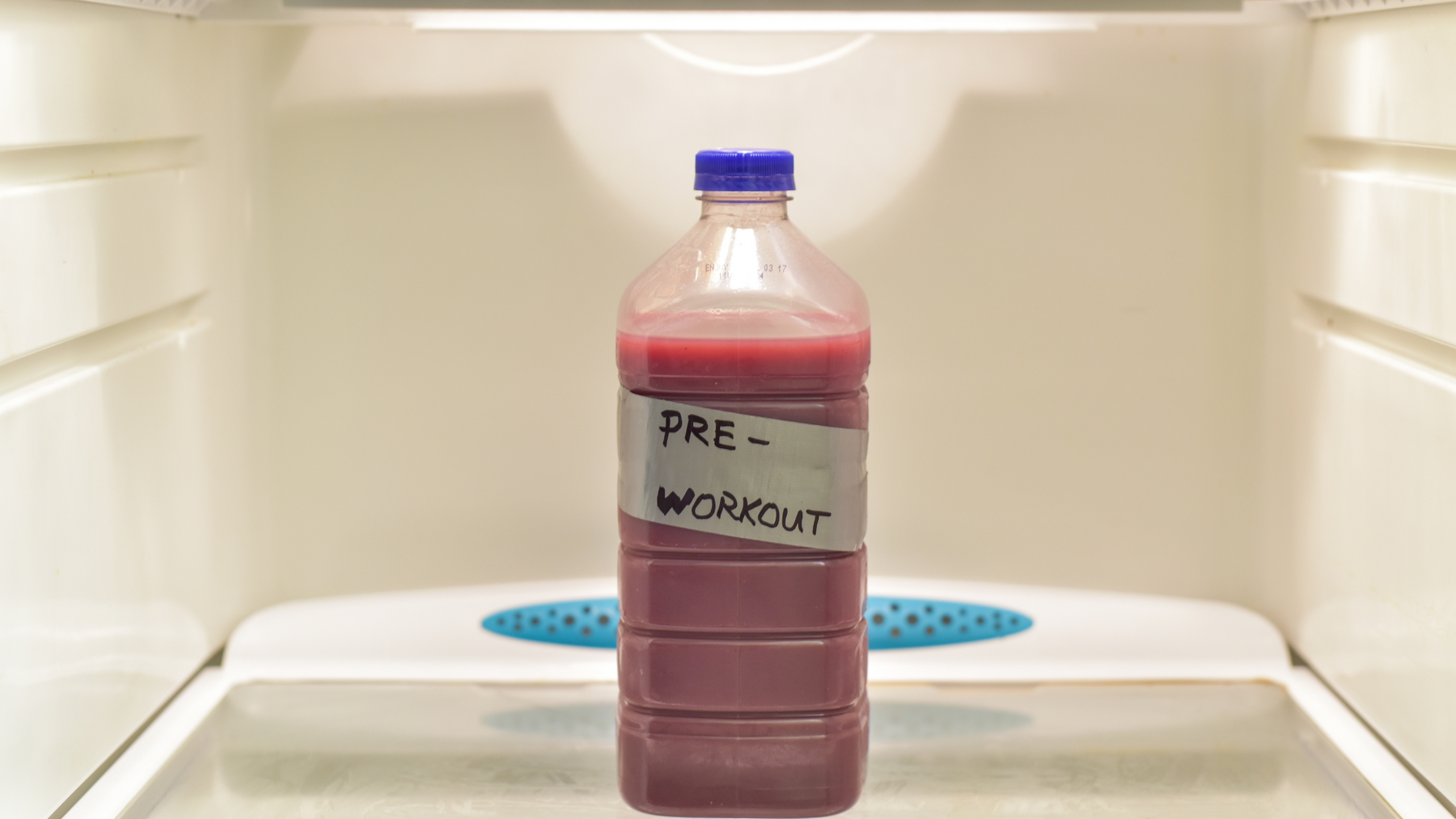
Why Timing Matters When Taking Pre Workouts
Understanding Pre-Workouts
What Are Pre-Workouts?
Pre-workouts are specially formulated supplements designed to boost energy, endurance, and focus before a workout. They commonly contain ingredients like caffeine, beta-alanine, creatine, and nitric oxide boosters, which enhance performance and delay fatigue.
How Pre-Workouts Affect Your Body
Pre-workouts stimulate the central nervous system, increase blood flow to muscles, and improve focus. The impact varies based on ingredients, dosage, and individual tolerance levels.
Importance of Nutrient Timing in Fitness
Nutrient timing plays a crucial role in muscle recovery, energy production, and overall performance. Taking supplements like pre-workouts at the right time ensures you maximise their benefits during training.
The Science Behind Pre-Workout Timing
Absorption Rates of Key Ingredients
Different ingredients in pre-workouts absorb at different rates:
- Caffeine: Peaks in 30-60 minutes, lasting up to 5 hours.
- Beta-Alanine: Provides sustained benefits but needs consistent intake.
- Creatine: Builds up over time, with no immediate boost.
- Nitric Oxide Boosters: Increase blood flow within 20-40 minutes.
How Long Does It Take for Pre-Workouts to Work?
Most pre-workouts kick in within 15-45 minutes, depending on metabolism and formulation.
Peak Effect and Duration of Action
Pre-workouts generally peak at 45-90 minutes and last 3-5 hours, making timing crucial.
Best Times to Take Pre-Workouts for Maximum Results
Pre-Workout Timing for Strength Training
For strength workouts, taking a pre-workout 30-45 minutes before training allows for peak effectiveness during heavy lifts.
Pre-Workout Timing for Cardio and Endurance
For endurance sports, pre-workouts should be taken 15-30 minutes before activity to avoid jitters while ensuring sustained energy.
Pre-Workout Timing for Weight Loss
Pre-workouts with thermogenic properties work best 30-45 minutes before training, especially for fasted cardio.
Common Mistakes in Pre-Workout Timing
Taking It Too Early or Too Late
If taken too early, effects wear off before training. If taken too late, it can cause sleep disturbances and jitters.
Skipping Pre-Workout on Certain Days
Inconsistent use leads to fluctuating energy levels and performance, making consistency key.
Overconsumption & Tolerance Build-Up
Overuse leads to caffeine dependence and reduced effects. Cycling pre-workouts can prevent this.
How to Optimise Your Pre-Workout Routine
Pairing Pre-Workouts with Proper Nutrition
For best results, pair pre-workouts with a light meal containing carbs and protein.
Adjusting Pre-Workout Timing Based on Workout Type
- Morning workouts: Take pre-workout immediately upon waking.
- Evening workouts: Avoid taking it too late to prevent sleep disruption.
Customising Dosage for Individual Needs
Start with a half dose if new to pre-workouts and adjust based on sensitivity.
FAQs
How long before a workout should I take my pre-workout?
Ideally, 30-45 minutes before training to allow full absorption.
Can I take pre-workouts on an empty stomach?
Yes, but it may cause nausea. Pairing it with a light snack is recommended.
What happens if I take too much pre-workout?
Overconsumption may lead to jitters, insomnia, and digestive issues.
Is it okay to take pre-workout before every workout?
Yes, but cycling is recommended to prevent tolerance build-up.
How do I know if my pre-workout is working?
You should feel an increase in energy, focus, and endurance within 15-45 minutes.
What’s the best way to cycle pre-workouts?
Use for 6-8 weeks, followed by a 2-4 week break to reset tolerance.
Conclusion
Timing your pre-workout correctly is key to maximising performance, endurance, and recovery. By understanding absorption rates, avoiding common mistakes, and personalising your intake, you can make the most of your workouts.
Shop Pre Workouts
Leviathan Labz Doomsday Pre Workout (30 Servings)
Shop our full range of pre workout products here.



